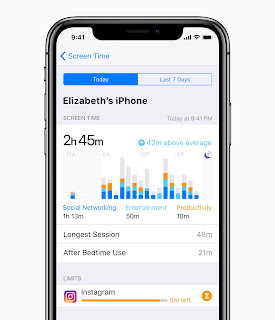China's government attempted a thing called a Social Credit score.The idea is that, similar to a credit score, the government gives you a number value to describe how trustworthy you are in society. In 2014, Chinese government officials announced a six-year social credit plan to build trustworthiness in society. However, it was very difficult to implement nationwide. China ultimately saw social credit scores emerge in some local governments as trials to see the good and the bad during the process.
In trial systems, other mishaps happened concerning privacy and finances. People described the information technology tracking as creepy and a violation of their rights. Studies showed that it was difficult to implement a social credit system fairly, which could “further widen existing economic and societal gaps,” making poor people even more poor (Loefflad et al., 2024). This can happen when someone struggling financially isn’t granted a loan because they are biased in terms of their “trustworthiness.”
Some initial ideas of a social credit system was to create punishments and rewards according to the financial and legal records of each citizen. People who acted poorly could lose the ability to fly on a plane. People who did well could send their kids to private school or receive special treatment from the government. One platform would keep all social, financial, and government records openly available on a website called Credit China (Yang, 2022). Although apps and websites in the United States like Uber and Airbnb will rank and score individuals on their behavior, these platforms are not unified outside of each account.
A lot of people hear “social credit score” and think it will be like financial credit scores with a simple range and calculation, but that isn’t true. Social credit scores are not exact, direct numbers. The scores are actually mostly determined for businesses and not individuals. Artificial intelligence does not rank every person’s action at every moment. The calculations use different information technology that has been in development for decades by actual human beings.
Overall, trying out a social credit system was highly controversial even in China. Although they tried to create a national system, it never happened. Some cities had plans that they didn’t actually try out. Other cities did trial runs, but they didn’t go well so they stopped. Today, social credit ratings are still useful for businesses rather than individual people. It functions similarly to the Better Business Bureau in the U.S., trying to help people know what companies are risky or not. Still, even bad companies got good scores, and no companies get blacklisted or shutdown, so the usefulness of the system is debatable.


No comments:
Post a Comment